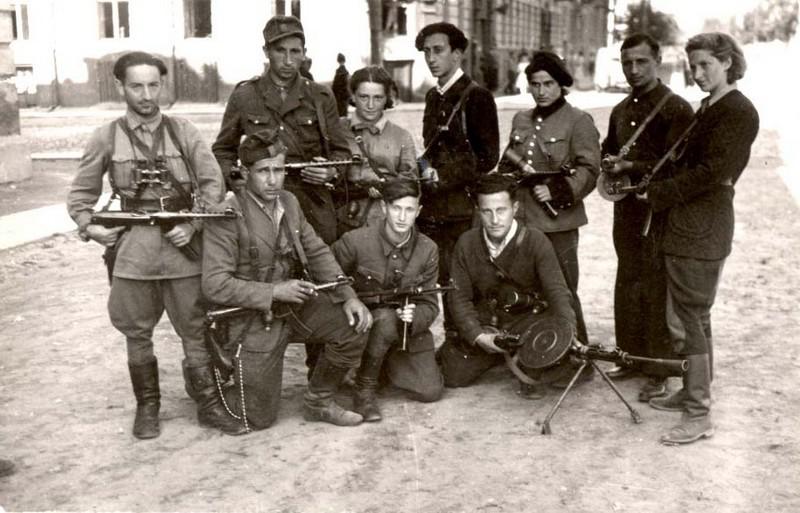15 February 2012
Today Holocaust survivor and partisan Vitka Kovner (nee Kempner) passed away at the age of 92. She was the widow of the poet and partisan Abba Kovner. During World War II, Vitka, a native of Kalish, Poland, was a member of the youth movement and active in the Vilna Jewish underground, where she joined the ranks of the partisans. She was one of the daring fighters of Vilna.
“Vitka Kovner’s story is one of struggle, courage and determination, not only to survive but to triumph, not only to save her own life, but to be with the Jewish people during its most difficult hours, even when that meant that her own life would continue to be threatened by the Nazis,” said Avner Shalev, Chairman of Yad Vashem.
In 1993, Kovner was a torchlighter during the main ceremony marking Holocaust Remembrance Day at Yad Vashem, and in 2004, Kovner presented Yad Vashem with Abba Kovner's personal revolver, which is now on display in the Holocaust History Museum of Yad Vashem alongside his testimony. Vitka Kovner’s testimony is part of the Holocaust History Museum and viewable online.
In an interview to Yad Vashem Jerusalem Magazine in 2001, Kovner said, “I joined the team that was responsible for attacks outside the [Vilna] ghetto, and my first and important mission, together with Yoske Maskovitz, was to detonate a bomb on the railway in order to damage the train that transported equipment to the front.” Much has been written about the resistance in Vilna and about Vitka’s story. At the end of the fighting in the ghetto, she joined a group of Jewish partisans. “We had seen concentration camps, and after what we witnessed there we decided that even though the war was over, we had to take revenge for the spilling of Jewish blood. We carried out one mission in which we poisoned a camp of SS soldiers, and following this mission we understood that we had to leave Europe,” she recalled.
Vitka arrived in mandatory Palestine in 1946, and settled in Kibbutz Ein Hahoresh where she passed away this morning and where she will be buried tomorrow. She is survived by children and grandchildren.







